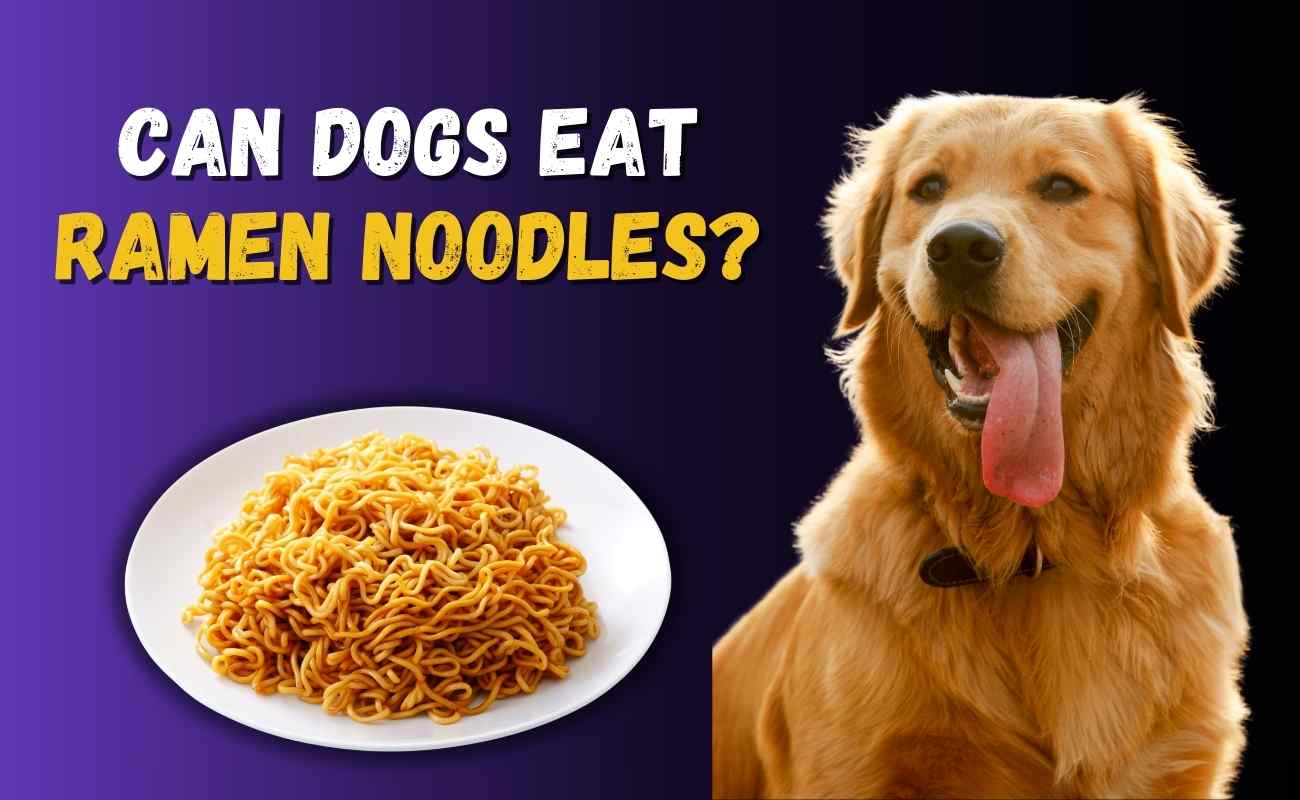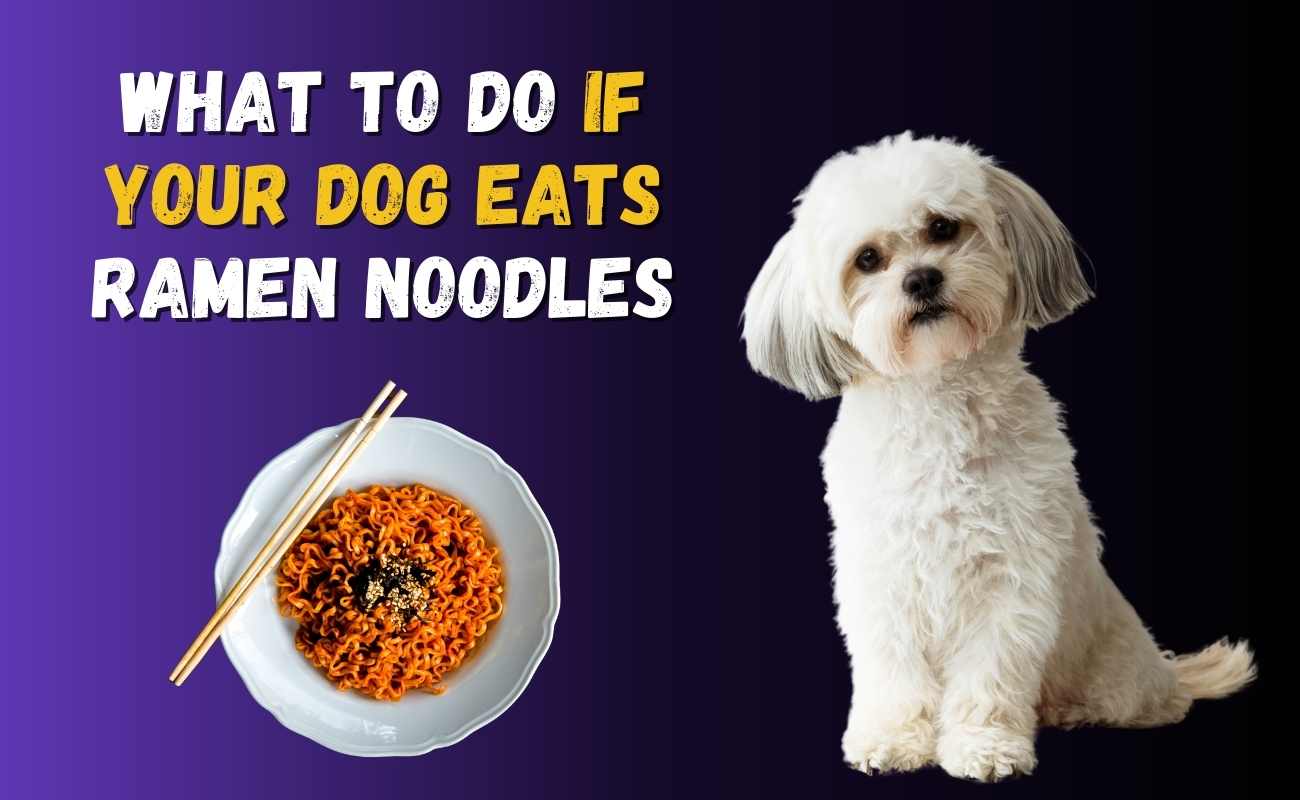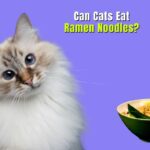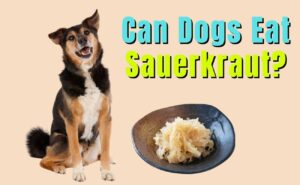Ramen noodles have become a popular staple in many households, cherished for their convenience, flavor, and versatility. With such widespread popularity among humans, it’s not surprising that dog owners may wonder if their furry friends can enjoy this tasty treat as well. Sharing human food with dogs is a common practice, but it’s important to understand which foods are safe and which can pose risks to our pets. This article will explore whether dogs can eat ramen noodles, the potential dangers involved, and healthier alternatives that can satisfy your dog’s cravings.
What Are Ramen Noodles?
Ramen noodles, originally from Japan, are a type of wheat noodle that comes in various forms, including instant and fresh varieties. Instant ramen is perhaps the most popular version, known for its quick preparation and flavorful seasoning packets. These noodles are typically pre-cooked, dried, and often contain a variety of seasonings and preservatives to enhance flavor and extend shelf life.
Fresh ramen noodles, on the other hand, are usually found in restaurants or specialty stores. They are made from wheat flour, water, salt, and sometimes eggs. Unlike instant ramen, fresh noodles are not pre-cooked or heavily seasoned, allowing for a more customized culinary experience.
Can Dogs Eat Ramen Noodles?
While it might be tempting to share your bowl of ramen with your dog, it’s important to consider whether this food is safe for them. Generally speaking, ramen noodles are not recommended for dogs. While plain, cooked noodles might not be inherently toxic, the overall composition of ramen noodles, especially the instant variety, poses several risks for your pet.
The primary concerns with feeding ramen noodles to dogs are related to the ingredients often found in these products, such as high levels of sodium, artificial flavors, and preservatives. Additionally, the seasonings that accompany instant ramen can contain ingredients that are harmful to dogs, including garlic and onion powder.
Ingredients in Ramen Noodles That Are Harmful to Dogs
- High Sodium Content: One of the biggest risks associated with ramen noodles, particularly the instant kind, is the high sodium content. Dogs do not require nearly as much salt in their diet as humans do, and excessive sodium can lead to dehydration, increased blood pressure, and in severe cases, sodium ion poisoning. Symptoms of sodium ion poisoning include vomiting, diarrhea, tremors, and even seizures.
- Flavors and Seasonings: Many ramen noodles come with seasoning packets that contain spices like garlic and onion powder, both of which are toxic to dogs. Garlic and onions can cause gastrointestinal irritation and damage red blood cells, leading to conditions such as hemolytic anemia. Even in small amounts, these ingredients can be harmful over time, especially if consumed regularly.
- Preservatives and Additives: Instant ramen noodles are often loaded with preservatives and artificial additives designed to prolong shelf life and enhance flavor. These chemicals can be difficult for dogs to digest and may lead to various health issues, including digestive upset, allergic reactions, and potential long-term health problems.

What to Do If Your Dog Eats Ramen Noodles
If your dog accidentally consumes ramen noodles, it’s essential to monitor them for any signs of discomfort or adverse reactions. Depending on the quantity and type of ramen ingested, here are some steps to take:
- Assess the Situation: Determine how much ramen your dog ate and whether it included any harmful seasonings or additives. If it was a small amount of plain noodles, your dog might only experience mild digestive upset.
- Watch for Symptoms: Keep an eye out for symptoms such as vomiting, diarrhea, lethargy, excessive thirst, or any signs of allergic reactions like swelling or difficulty breathing. These could indicate a more severe reaction to the ingredients.
- Contact Your Veterinarian: If your dog shows any concerning symptoms or if you know they consumed a large amount of ramen, it’s best to consult your veterinarian. They can provide guidance on whether any immediate treatment is necessary.
Conclusion
While ramen noodles are a delicious and convenient food for humans, they are not suitable for dogs. The high sodium content, harmful seasonings, and potential additives make ramen a risky choice for our canine companions. Instead, opt for safer alternatives like plain cooked noodles, vegetable noodles, or specially-made dog-friendly treats. By making informed choices about your dog’s diet, you can ensure their health and happiness for years to come.










